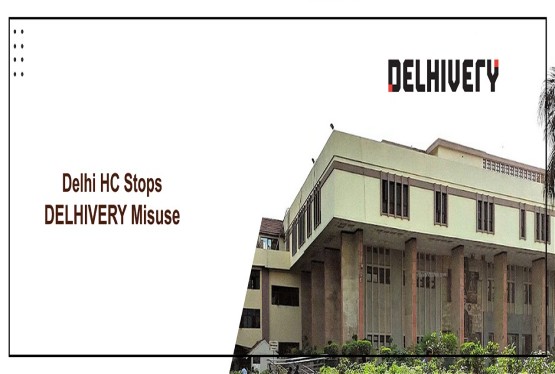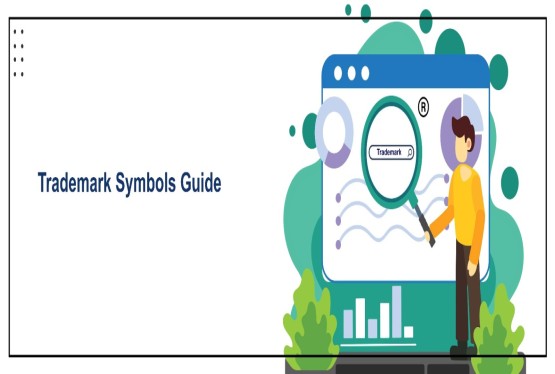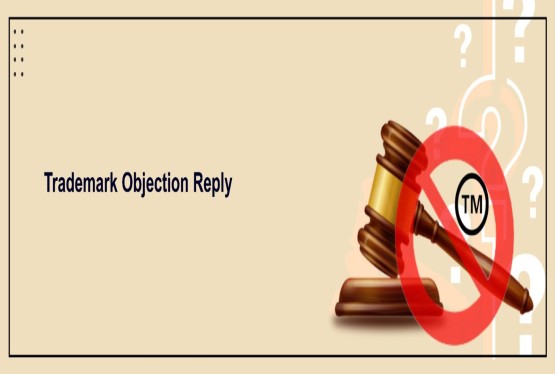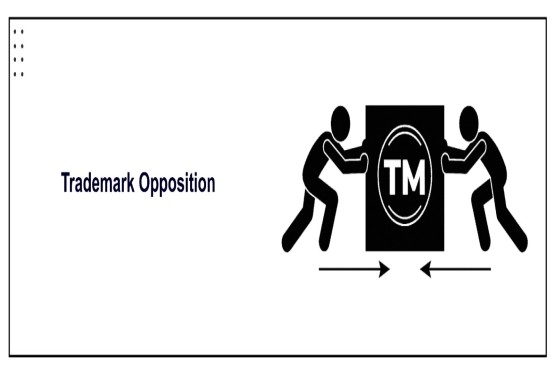India recently launched "Operation Sindoor", a precision military strike targeting terror camps in Pakistan-occupied Kashmir (PoK). As the nation saluted its armed forces for their bravery, an entirely different kind of operation was underway in the corporate and legal space — a race of trademark registration of the name. Within just 24 hours of the operation’s announcement, at least three trademark applications were filed under Class 41 (covering education, training, entertainment, and media services). The applicants included Reliance Industries Limited, individuals, and even retired defence personnel — all seemingly aiming to stake a claim over the phrase “Operation Sindoor.”
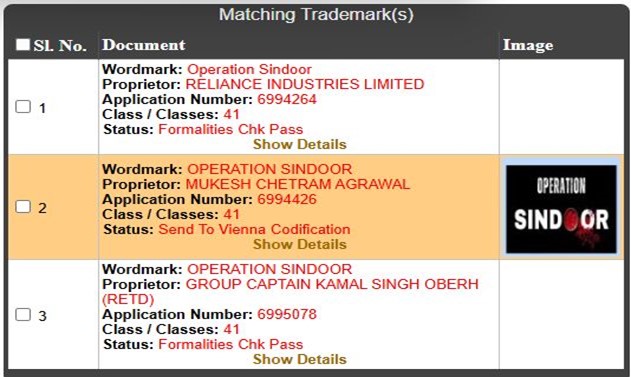
What Does This Mean?
While patriotism filled the public discourse, some entities moved swiftly to secure potential commercial rights over a name associated with a national military campaign. This raise pressing ethical, legal, and strategic questions.
Legality: Can You Trademark a Military Operation's Name?
Under the Trade Marks Act, 1999, anyone can apply for a trademark provided:
-
It is distinctive,
-
Not deceptive or misleading,
-
Not barred by absolute or relative grounds under Section 9 or Section 11.
However, Section 9(2)(b) allows the Registrar to reject marks that are:
“...likely to hurt religious susceptibilities or public morality.”
Further, under the Emblems and Names (Prevention of Improper Use) Act, 1950, using names or emblems associated with the Government, military, or international organizations can be restricted or prohibited. So, even if filing is legally permissible, the approval is not automatic. The CGPDTM (Trademark Registry) must evaluate such cases on a deeper public interest basis.
Why File for Such a Trademark?
Entities filing these trademarks may aim to:
-
Create documentaries, web series, or films.
-
Launch patriotic merchandise.
-
Build a motivational or leadership brand.
-
Secure early rights for potential licensing, publishing, or franchising.
It reflects a growing "event-based IP rush", where public sentiment and viral events are turned into private assets.
Ethical Questions: Is This Opportunistic or Smart?
Yes, it's legal. But is it ethical?
-
Opportunistic: Capitalizing on the emotion and gravity of a military operation for commercial use can appear insensitive.
-
Insensitive to Armed Forces: These operations involve life and death stakes for soldiers. Turning them into branding tools could trivialize their sacrifices.
-
Smart Branding? From a cold, commercial standpoint, being early in securing a name means potential exclusivity and monetization.
Should CGPDTM Allow This?
The Trademark Registry (CGPDTM) should assess:
-
Public morality under Section 9.
-
Whether the mark misleads the public into associating the entity with official military actions.
-
Possible conflict with the Emblems & Names Act, 1950.
It may be wise for the Registry to introduce Protection against the misuse of terms linked to defence operations, national calamities, or state-led events, much like how names like "Ashoka Chakra," "NDRF," or "Indian Army" are protected.
Reliance Industries Clarifies Its Stance
Following public outrage and intense scrutiny on social media, Reliance Industries Limited issued a formal media statement clarifying that it had no intention of trademarking “Operation Sindoor.” According to the company, the application was inadvertently filed by a junior employee at Jio Studios without authorization, and it has since been withdrawn.
“Reliance Industries has no intention of trademarking Operation Sindoor, a phrase which is now a part of the national consciousness as an evocative symbol of Indian bravery,” the statement read.
The company further expressed immense pride in the operation and reiterated its unwavering support for the Indian Armed Forces, emphasizing that their commitment to the motto of ‘India First’ remains firm.
The Bigger Picture: Support, Not Profit
Trademark laws are meant to protect business identities, not monetize national tragedies or victories. There's a thin line between patriotic expression and capitalizing on sentiment.
As citizens, professionals, or legal observers, we must ask:
“Is the intent to honour the spirit of Operation Sindoor — or to own it for profit?”
Conclusion
The trademark rush for “Operation Sindoor” highlights a important intersection of patriotism, commerce, and legal accountability. While the law currently permits such filings, it also empowers the authorities to evaluate them against higher standards of public morality and national interest. Names tied to military actions are not just words — they carry the weight of sacrifice, strategy, and national pride. This incident should serve as a wake-up call for the CGPDTM and policymakers to consider setting clearer boundaries on the commercial use of names rooted in national operations or sentiments. Protecting the dignity of our armed forces must outweigh the drive for branding advantage. Ultimately, intellectual property should be a tool to foster innovation and expression — not a means to privatize patriotism. Let us honour our forces with respect, not registration.






























_(b)_of_the_Trademark_Act,_1999_(1)_crop10_thumb.jpg)



_crop10_thumb.jpg)




























_crop10_thumb.jpg)
_crop10_thumb.jpg)






_crop10_thumb.jpg)








_crop10_thumb.jpg)



_crop10_thumb.jpg)





























_crop10_thumb.jpg)

















_crop10_thumb.jpg)






_crop10_thumb.jpg)












































































































































_crop10_thumb.jpg)




































_crop10_thumb.jpg)












_crop10_thumb.jpg)














































_crop10_thumb.jpg)


































































































